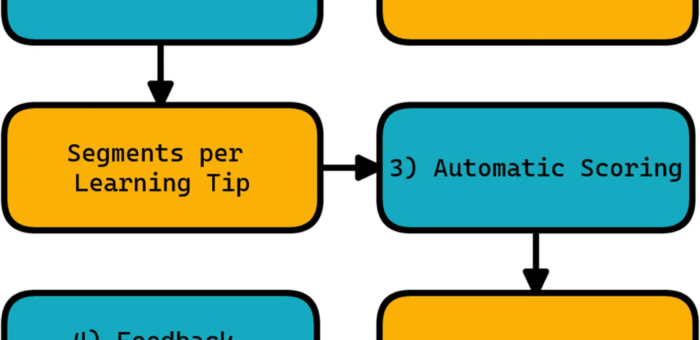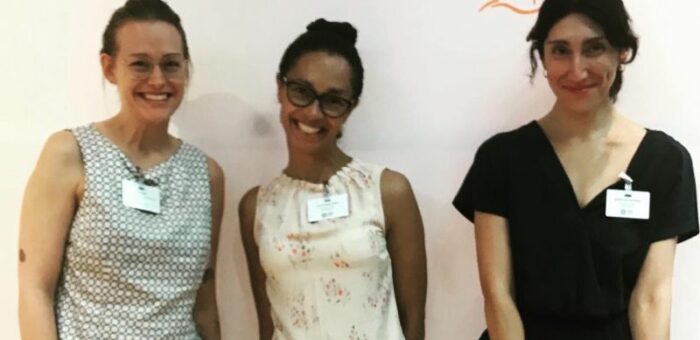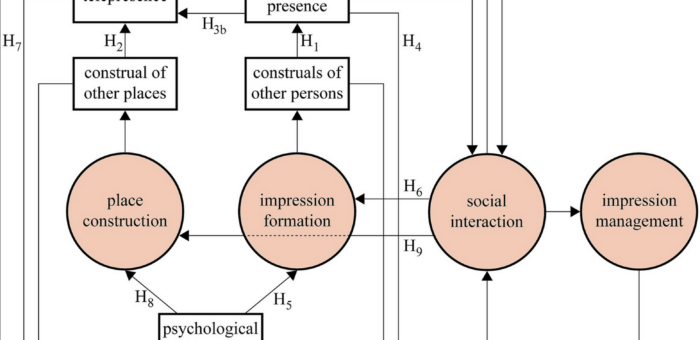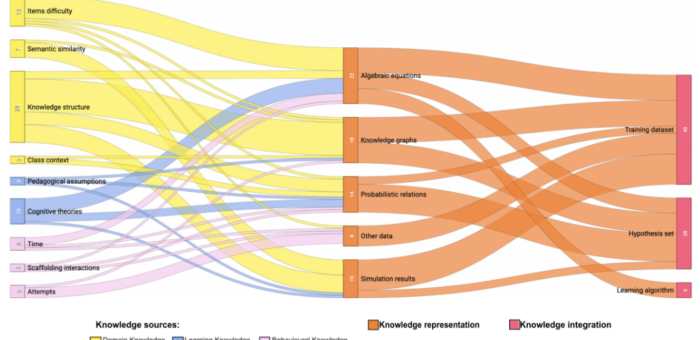
SWK-Talk: Large Language Models and their potential in the education system
In the SWK Talk Special "Large Language Models and their potential in the education system" on 18.01.2024, the SWK (Standing Conference of the Ministers of Education and Cultural Affairs) presented its impulse paper on Large Language Models. For the impulse paper, the SWK consulted external experts, including members of the EduTec Team, on teaching and learning with AI and LLM. The aim was to contribute to the current debate on the potential of LLM in the education system. The key conclusion is that the German education system currently faces the task of trying to utilize the potentials of generative AI technologies such as LLM, while at the same time recognizing their limitations and finding a way to responsibly deal with their restrictions. The paper also emphasizes the importance of a…





